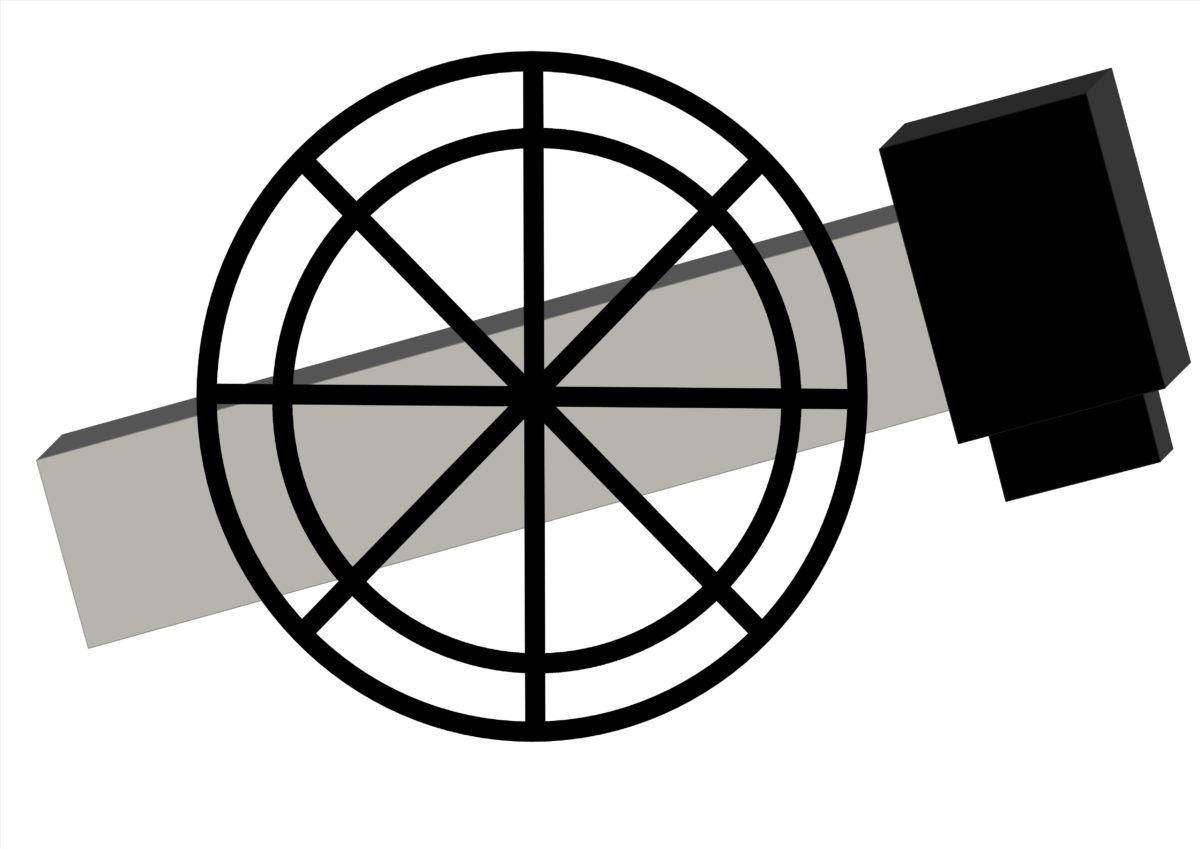Josephsthal
A new place emerges
After the end of the iron industry and hammer mills in the area, the glass industry emerged from the middle of the 19th century, whose factories also worked with the driving force of water. The Josephsthal glass loop and polishing plant was not transformed from a medieval iron processing plant like many other glass loops in the region, but was newly founded at the end of the 19th century. The location on the Haidenaab river, from which a ditch was branched off, was intended to ensure a sufficient supply of water power.
A priest as name giver
In 1886, Episcopal clergyman and pastor Joseph Söllner from Rottenburg/Lower Bavaria built the glass grinding and polishing plant. The glass industry was flourishing at the time and the plant promised to be a worthwhile investment. At the request of the parish priest, the place name Josephsthal was approved – in accordance with its first name and its location in the valley of the Haidenaab. In the past, the plant belonged to the municipality of Gmünd, but since its incorporation in 1972, Josephsthal has been a district of Grafenwoehr.
Grinding and polishing
The plant consisted of two single-story, elongated buildings. The first was the foreman’s apartment and the grinder’s house (Josephsthal 2) with 16 grinding stations, equipped for four grinding foremen. The other was the polishing plant (Josephsthal 1) with 100 grinding stations. Master mason Reiter and the works technician Reithmann, both from Pressath, were the builders of the property. The construction costs amounted to 72,000 Marks. The skilled glass workers came from Bohemia. After several years, the factory was sold to Prößl sons in Weiden for 30,000 Marks.
Already at the beginning of the 20th century the heyday of glass grinding was over, the drive of the machines by water power was technically outdated and the factory was closed in 1927.
For ten years the factory lay idle and decay slowly set in, but in 1937 Dr. Kerschbaum from Bamberg bought it. He had the plant renovated and a water wheel installed to generate electricity.
Leisure time instead of hard work
In 1946, Hans Deyerling bought the property with outbuildings and set up a construction and small furniture carpentry business in the former grinding building. His wife Grete ran an inn in the same building and entertained excursion guests in the idyllic beer garden in front of the house, which already existed at that time. This was because the Haidenaab was dammed north of Josephsthal and bathing cabins invited visitors to cool off in the river.
In 1954, the Witt family took over the estate and the pub. The former foreman’s house was demolished and a residential building was erected on the same site. The pub was leased out and continued to be a popular meeting place. Wolfgang Witt senior had a turbine installed in the watercourse between the buildings for the first time and built the transformer for the line from Pechhof himself. During the construction he took a heavy fall from the tower and as a thank you for his recovery he had a large wooden cross erected next to the transformer. With the help of a turbine, the water power is still used for energy production today.
In the early 70’s the front part of the loop was demolished and a residential house was rebuilt in the same form. The pub is still located in the old sandstone walls of the former grinder’s building. Until today Josephsthal is a popular place for excursions with its inn, beer garden, a playground and a game preserve.
Natural paradise
Gravel mining after the Second World War has created a large pond landscape in the surrounding area, which is used for fishing. Furthermore, by 2018, three quarry ponds had been created in the immediate vicinity to the northwest of Josephsthal through wet exploitation, which are also ecologically valuable. The approximately 80 hectares are popular with excursionists for leisure and recreation in nature.
Postcard of Josephsthal
© Archive Culture and Military Museum Grafenwoehr
 cycle trail ‚hammer mills & mills‘
cycle trail ‚hammer mills & mills‘